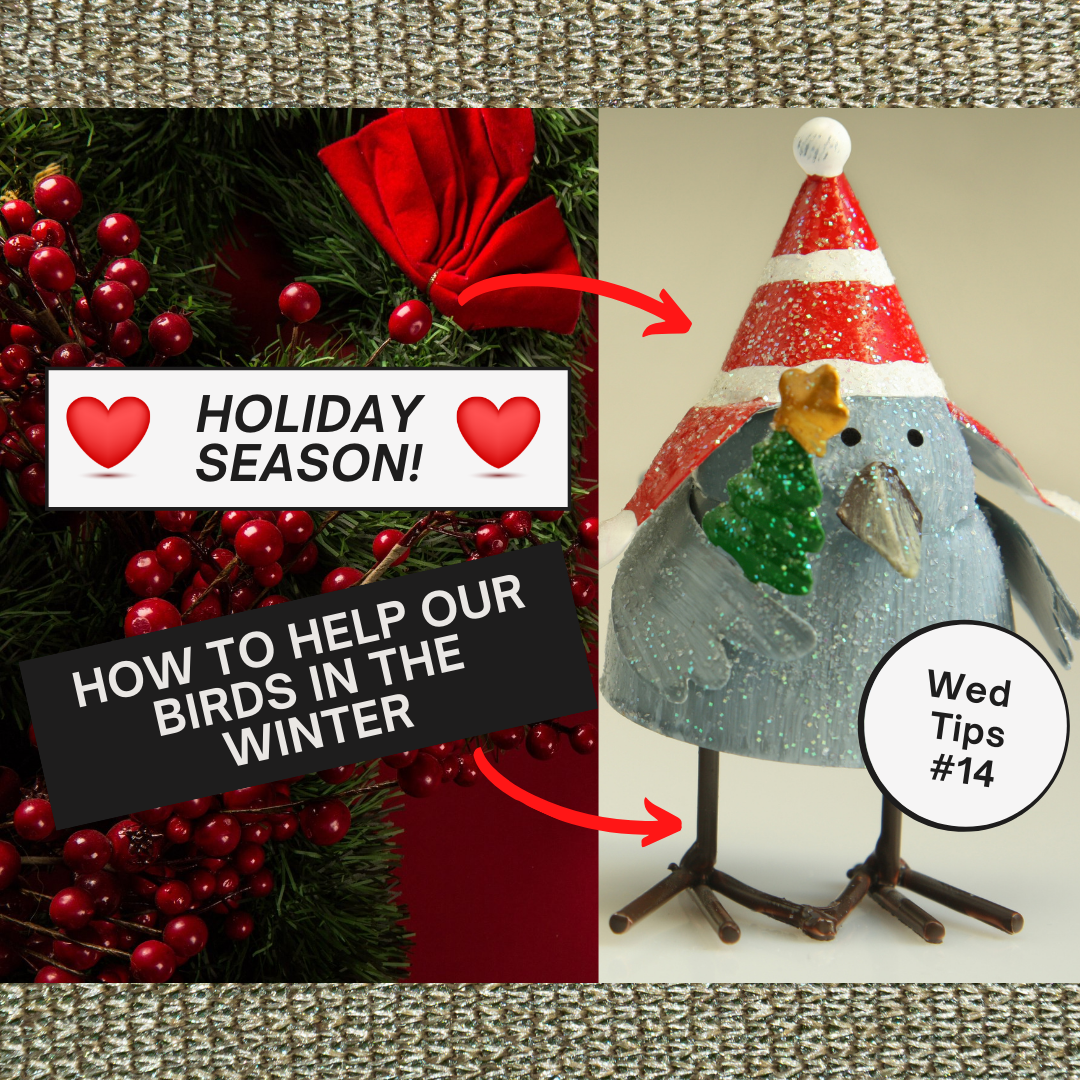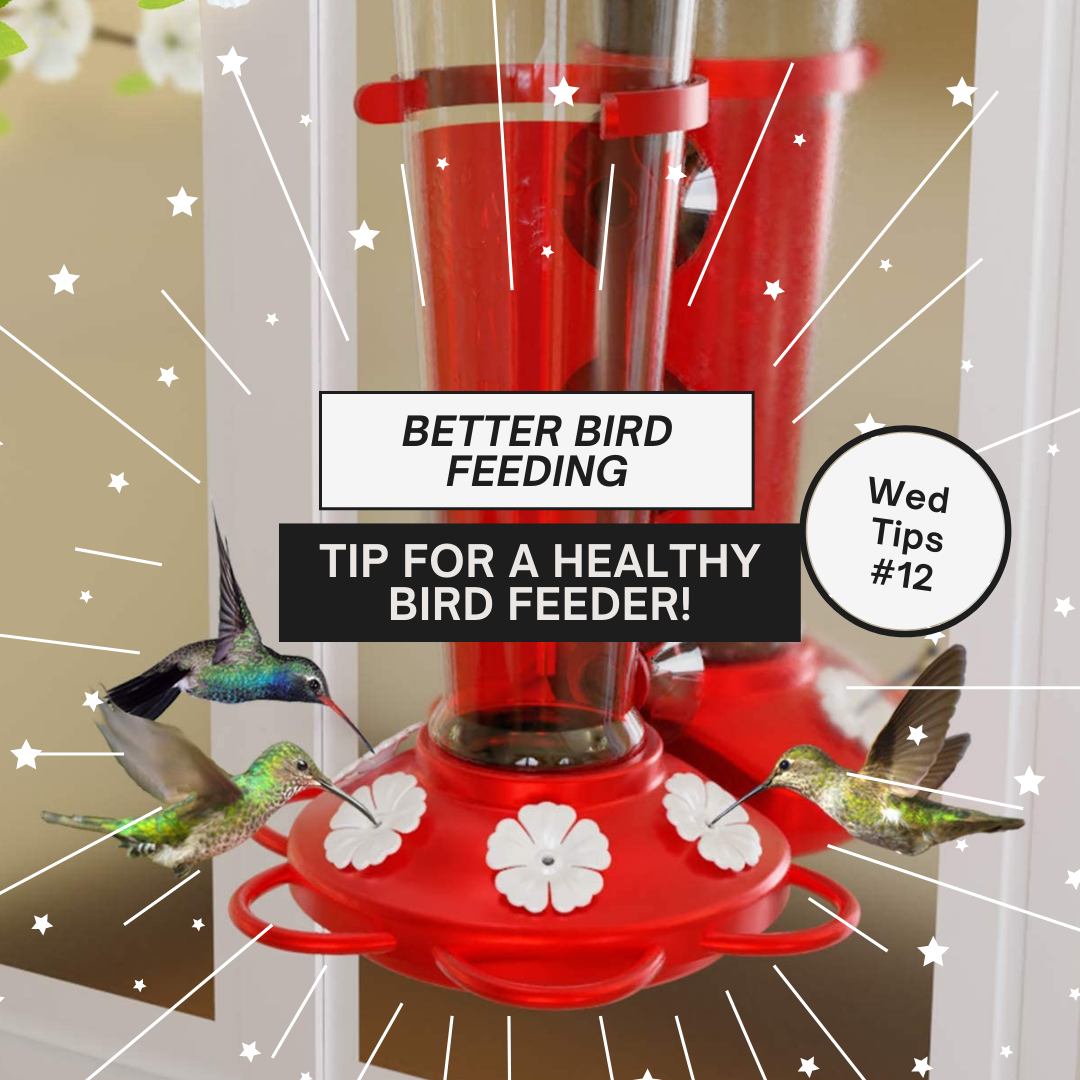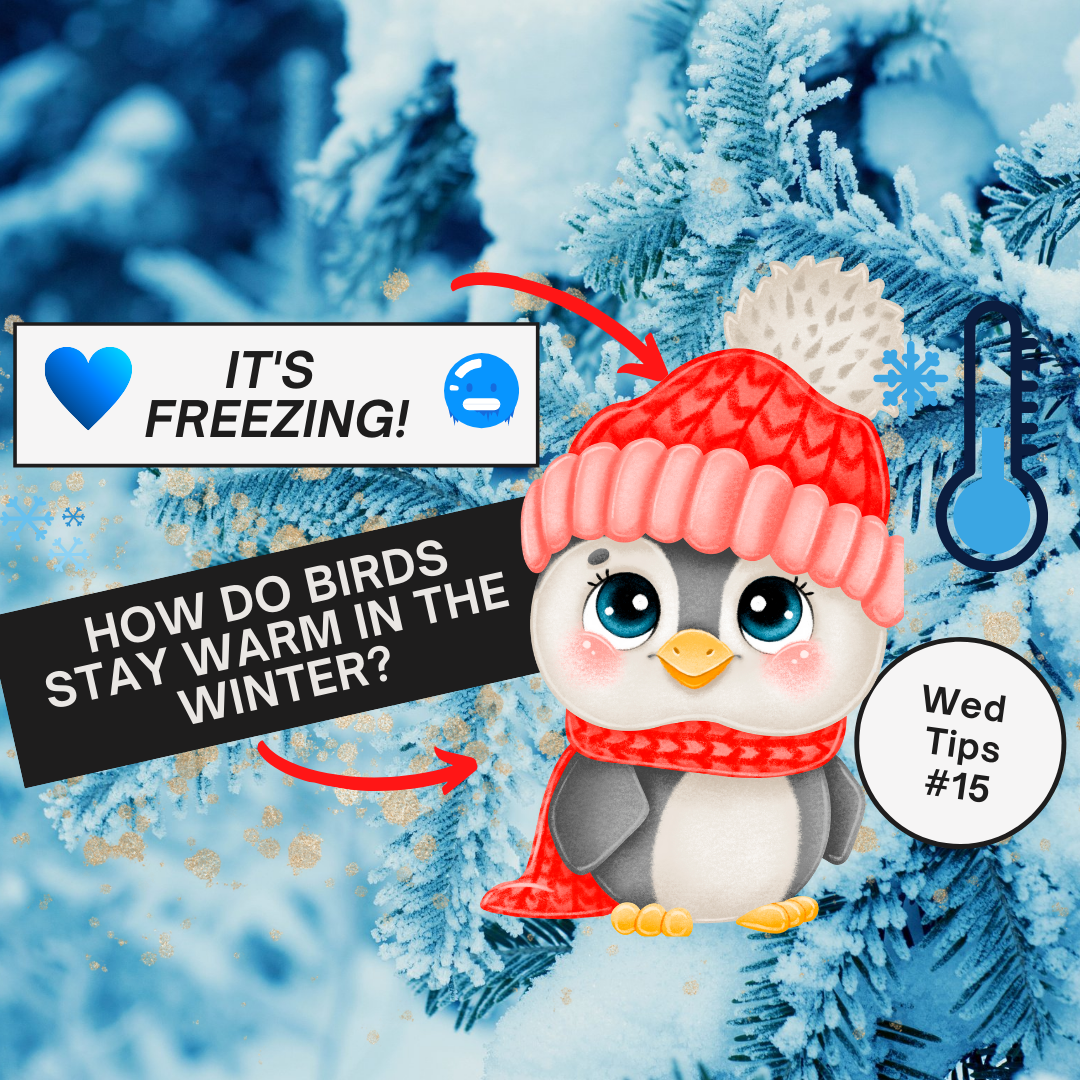
I’m sure the cranberry sauce is going to be delicious and the turkey just right. How can it not be?
Ahhh, it’s that time of year where the streets are lit up for the holidays, it’s just cold enough to enjoy a hot pumpkin spice latte and our eyes are feasting on the last of the red and golden leaves, before they fall from their branches and hand the season over to winter.
But there are a few extra guests that want in on this super extravaganza: your local birds!
As temperatures fall, there is less food for the birds to peck on. There are less insects and other protein sources, like there are in warmer climes. Survival for our birds is getting tougher. Their bodies are working extra hard to keep their metabolism up. Their body temperatures have to stay between 100-110F (37-43C) which is no small feat when you’re a small songbird. Especially when winter arrives. This is the reason why many migrate to warmer countries.
But some birds opt to stay put as the temperatures drop. With time they have developed various mechanisms in order to face the freezing cold and avoid the long haul south, like plumage growth, fluffing feathers for extra insulation and huddling together, sharing body warmth.
There are a few things we can do to contribute to their well-being. Don’t worry, it has been proven that our feeding birds does not go against nature. The birds do not become dependent on us. In fact, it actually helps them. Especially in the winter!
If you want your avian guests to stick around during this upcoming season, offer them the right nutrition.
BEST NUTRITION TO OFFER OUR BIRDS IN THE WINTER
1. Mixed seeds with black-oil sunflower seeds

As the “oil” indicates, black-oil sunflower seeds have a much higher fat percentage than other seeds. They also have thinner shells, so not only is it a great source of calories but they are also easy to crack. Many mixed-seeds are sold with hulled seeds. But these are usually striped sunflower seeds that have less caloric value. Make sure you buy mixed seeds with black-oil sunflower seeds.
IMPORTANT! We recommend using window feeders in the winter, as the snow and rain can wet the unsheltered feeders, which can make the seeds go moldy and then rot.
Which birds will be visiting you this winter?
2. Peanuts and peanut butter

Another great and inexpensive source of fatty nutrition is dry/unsalted peanut halves. Place them in your feeder next to the black-oil sunflower seeds – or you can take peanut butter, smear it on a few pine cones and hang them on a few branches. Chickadees, titmice, woodpeckers and jays will color your trees like Christmas ornaments.
Make sure the peanut butter
3. Suet

Suet is essentially rendered beef fat. What do birds have to do with beef?
When insects are scarce this can be the perfect substitute until they come back in the spring/summer. Suet is usually turned into a block of fat which can be placed in any feeder.
Some suet packages are sold with bird seeds, fruit nuts and even mealworm. But plain is just as good. Fill any of these bird feeders with suet and may the feast begin!
A de’light’ful tip: Place Christmas lights on your bird feeder. Not only will they make it look more festive but it will also warm up the feeder which will make it more comfortable for the birds peck on their yummy food without shivering.
Rare birds that may visit you this winter!
4. Thistle/Nyjer

If you are a fan of the smaller type of birds, then go for the Thistle/Nyjer. These attract goldfinches and pine siskins among others. Nyjer is “served” in special finch feeders or thistle socks as the seeds are much smaller than the usual. These feeders, however, get wet from the rain and the snow, so it’s best to change the seeds often, or serve smaller amounts at a time so they don’t get moldy or rotten.
Wind-chimes - add them to your house! Perfect holiday season gift.

So be merry and enjoy your time with your friends and family this season. Share the joy of your colorful flyers with the rest of your family and friends as your avian guests decorate your window and garden.
And if you see them, be sure to take photos and share them on our Facebook page!




Leave a comment
All comments are moderated before being published.
This site is protected by hCaptcha and the hCaptcha Privacy Policy and Terms of Service apply.